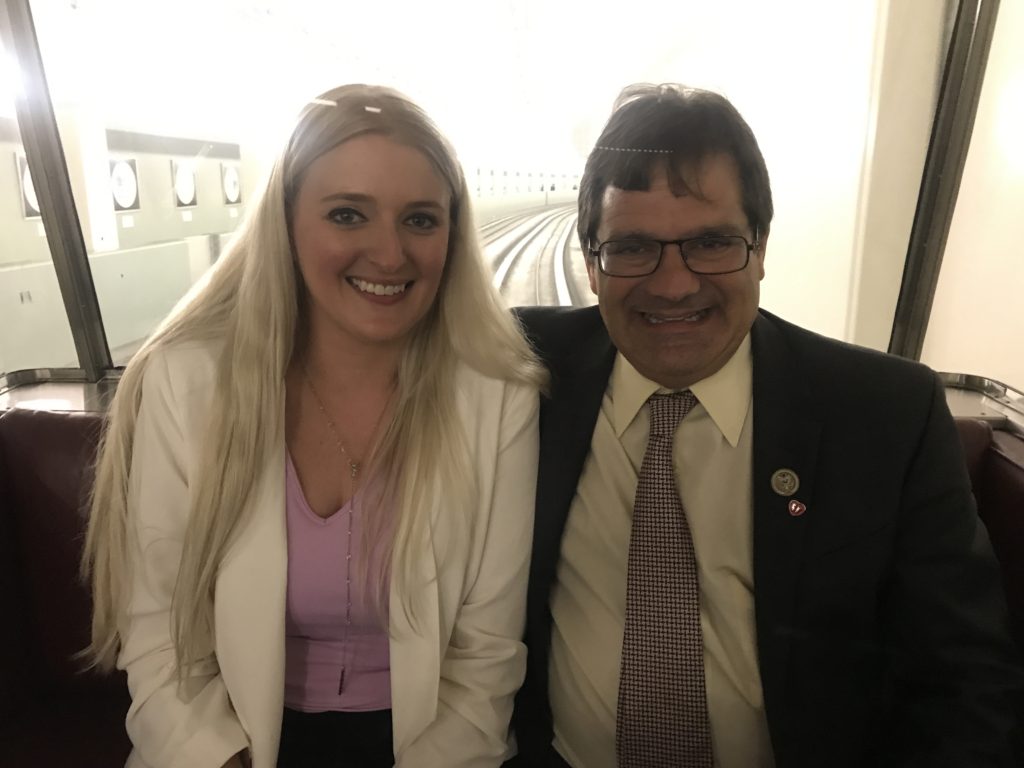Since the end of last year when the OPEN Act was removed from the 21st Century Cures bill, I have spent many sleepless nights trying to understand why Washington was not comprehending the critical need for repurposing drugs. We are now working to convince Democrats that the OPEN Act is not a handout for pharmaceutical companies, as I am living proof that repurposing an FDA approved drug works wonders.
The argument is not something you will see from big advocacy organizations. Why? Because they will not bite the hand that feeds them (and that is fine). To put it simply, pharmaceutical companies know if they donate large sums of money to a disease specific organization, it is easy to assert influence over them. I see this with my own disease specific organization. A few months ago, I questioned them on why they are not actively encouraging more studies on Rituxan for ITP. Instead, they push two FDA-approved drugs for my disease that cost thousands of dollars a month (so those in Congress who are concerned about drug pricing should take note). They will not offer information to patients on alternative therapies that would take away from the profit margins of their pharma sponsors. Since patients rely on these organizations for up to date information on the newest research for their rare disease, many are left in the dark about drugs that could be repurposed.
Democrats believe they are acting on a higher moral ground by opposing the OPEN Act, but they are sadly mistaken. Disease specific organizations do not always operate in the best interests of patients. In fact, as I have researched this over the past few months, I have found numerous stories like mine. It is a major issue in the rare disease space, but as I said earlier, you will not see the advocacy groups make this argument.
I went to Washington with the goal of figuring out how to gain common ground on this bill. A six month exclusivity extension is nothing if you understand patent law. It may not even be enough, but it is a start. We all know the numbers, 1 in 10 Americans have a rare disease, that means over 30 million Americans are suffering. There are 7,000 rare diseases and less than 5% have an FDA approved treatment. These figures have been repeated so often, I have watched them lose their impact on the hill. Instead, it is time to help them understand the inner workings of the rare disease space.
I’m working with members of Congress and their staff to bring the Democrats to the table (especially Frank Pallone), and help them understand the OPEN Act is not a handout to pharma. These drug and device companies would much rather create a new product that they can charge large sums of money for, than provide rare disease patients with something already on the market. Our goal is to get new treatments to rare disease patients safely and quickly, utilizing the science already available.
I do not shy away from my criticism of people in the rare community who do the bare minimum to advocate on behalf of patients that mistakenly believe they are being represented accurately in Washington. I can tell you that after this week, I am 500% certain that is not happening. These advocacy groups go out of their way to put on dog and pony shows for patients, industry and our government, making it appear that we are making amazing strides in the rare disease space. I cannot imagine them acting in the same manner to a room full of people who have lost a loved one to a rare disease. The amount of self-glorification I’ve witnessed is absurd. Meanwhile, people on Capitol Hill are telling me they receive demands from these groups for legislation and then never get proper follow up. I figured it is time to let people know what is really happening in Washington, and why things are not getting done.

